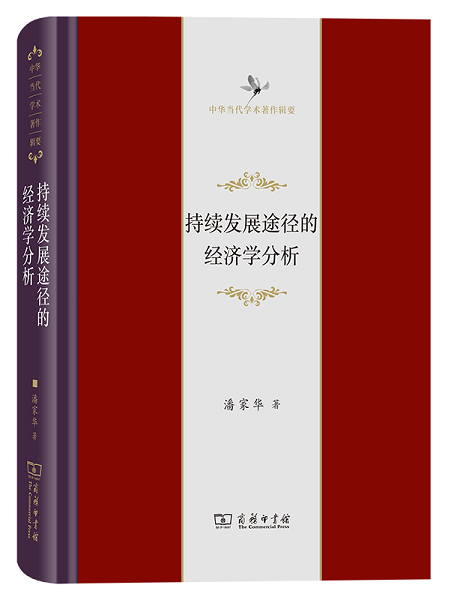
Research for this book started in the early 1990s. At the time, most studies on sustainable development still focused on methodology. There was a lack of literature on the characteristics, limitations and practical significance of the different approaches to sustainable development from an economic perspective, which was why the author wrote this book. The author analyzes major issues in China’s environmental management and resource utilization in the 1990s and adopts an approach of case studies to examine sustainable development issues from the perspective of market.
This book is divided into four parts. The first part examines the value principles of environment and resources on which the concept of sustainable development is based, and discusses some basic principles of environmental ethics, environmental crisis, and parameters to identify the state of environmental resources. The second part analyzes the characteristics, limitations, practical significance and application prospects of the existing approaches to sustainable development from the perspective of economics. The third part presents a market regulation optimization model for sustainable development, which is built on the relationship between economic efficiency and environmental sustainability, and discusses issues in decision-making and economic policies while coordinating multiple objectives. The fourth part presents case studies and special research on some major practical issues related to China’s sustainable development, such as land resources, water resources, environmental costs and environmental effects of trade liberalization.
